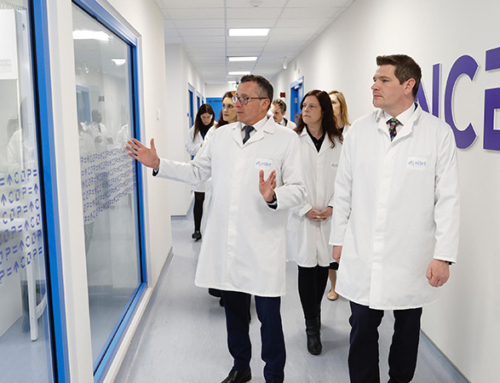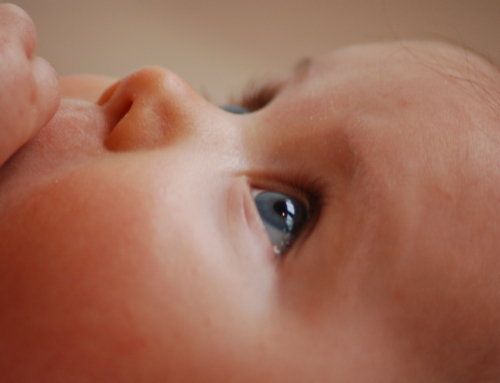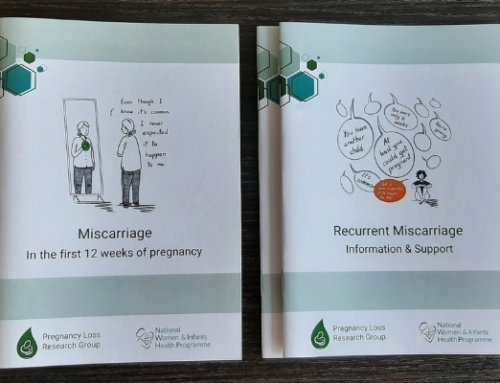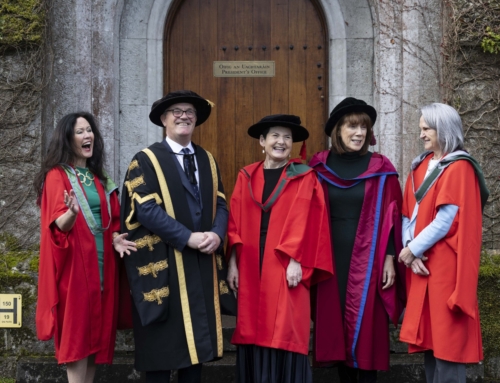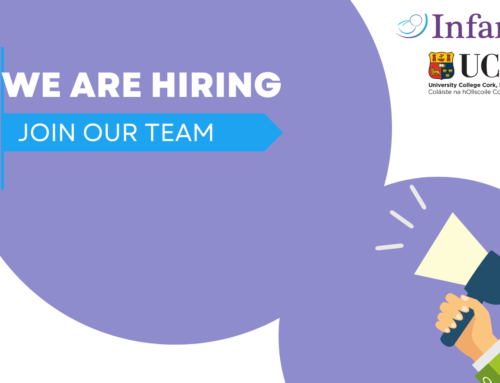Tuesday 19 May 2015
A report in the Irish Times highlights studies that seek to meet the needs of tiny babies in neonatal intensive care units.
The article explores work being done at INFANT to test a cot-side monitor to detect brain seizures in babies in the NICU.
“Some babies are at risk of having brain seizures, but you can’t always tell just by looking at them that they are seizing. And if we don’t know when they are seizing, we don’t know when to treat them,” explains Geraldine Boylan, professor of neonatal physiology at UCC and a director of the Irish Centre For Fetal and Neonatal Translational (INFANT) research centre.
To alert clinical staff to a problem, the researchers in INFANT have developed specialised software that can track the electrical signals coming from small electrode pads placed on the baby’s head: it automatically detects when a seizure is starting, and sends an alert.
The work, which was funded by agencies such as the Health Research Board, Science Foundation Ireland and the Wellcome Trust, has led to a clinical trial of the technology in NICUs in Cork, Dublin, London, Sweden and the Netherlands.
“We would like this technology to be next to every cot in every NICU in the world, keeping an eye on these babies’ brains around the clock, and we hope that it will allow brain monitoring in these tiny babies to become as commonplace as monitoring their heartbeat.”
Consent and ethics – The Role of the Family in Research
One of the most important requirements for clinical research studies in babies is getting informed consent from parents when their babies are in the NICU.
This can be difficult and it needs to be handled sensitively by the research team, but it is important to stress that often the parents and families want to help – they are fantastic, and we can’t thank them enough for their engagement at a really worrying time for the family.
Without the participation and support of the families, these clinical trials cannot happen.
It is quite stressful to consider participation in a trial when your baby has been or will be born prematurely. However, people understand that the startling improvements in neonatal medicine in recent decades are due to clinical research, and clinical trials in particular. Families support this research for altruistic reasons: they want to improve medical care for babies and families who will find themselves in their situation in the future.
People correctly debate the ethics of doing research in babies and children, but what they don’t talk about quite so much is the ethics of not doing research in babies and children. If you make it difficult to do research in babies, you end up treating them with therapies that are far less well tested than in other age groups. We do these studies to try to improve the care of babies everywhere, not just in an individual hospital or in Ireland.


